Formula 1 halo: Bernie Ecclestone says it will not be introduced in 2017
- Published
- comments
How have F1 cockpits evolved?
Formula 1 bosses have voted against introducing the 'halo' head protection system next season.
The strategy group of Bernie Ecclestone, six leading teams and Jean Todt, president of governing body the FIA, decided it needed more work.
But the FIA said some form of increased head protection would be introduced for the 2018 season.
F1 commercial boss Ecclestone said it was agreed to "look into it in more detail".
A statement from the FIA said that Thursday's decision to delay the introduction of head protection was made because of "the relatively short time frame" before the start of the 2017 season.
It added that the strategy group decided "it would be prudent to use the remainder of this year and early next year to further evaluate the full potential of all options before final confirmation".
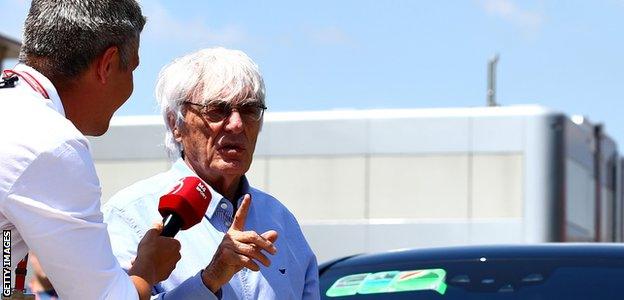
F1 chief executive Bernie Ecclestone has made clear that he opposes the halo concept
The statement continued: "While the halo is currently the preferred option, as it provides the broadest solution to date, the consensus among the strategy group was that another year of development could result in an even more complete solution.
"Halo remains a strong option for introduction for 2018."
The decision comes despite the fact that the FIA has been working on the introduction of the system for some months and all teams have designed their 2017 cars with the capability to fit the halo.
Ecclestone, who had made clear his opposition to the halo concept before the meeting, told BBC Sport: "When you look at it, it was yes and no. We haven't really got a lot of positives. But we've learned a lot about what to do. We will look into it further."
The governing body made a presentation to the drivers at last weekend's Hungarian Grand Prix, saying that the halo was ready to be implemented, while demonstrating how it could save a driver's life.
Alexander Wurz, the chairman of the Grand Prix Drivers' Association, told BBC Sport: "Today's strategy group decision, if ratified by the FIA World Council, represents much more than just a vote against halo, or a delay in the introduction of additional head protection.
"This decision brings F1 into uncharted territory in many ways.
"Let's wait for the reasoning behind the decision, but for now it could almost be seen as 'business first and safety second'."
What do the drivers think?
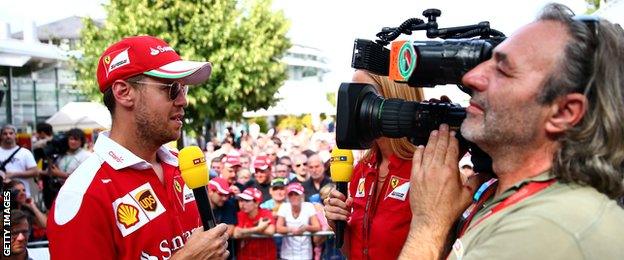
Sebastian Vettel believes it would be "quite stupid" not to introduce the halo
Four-time champion Sebastian Vettel said on Thursday at the German Grand Prix that the drivers were overwhelmingly in favour of the device being introduced in 2017.
Speaking before the outcome of the vote was known, Vettel said: "I think 90-95% [of the drivers] voted for it. We don't like the looks of it but I don't think there's anything that really justifies death.
"We've always learned from what happened, incidents that happened on the track, and we've always tried to improve.
"Now, that would be the first time I think in human history that we've learned a lesson and we don't change. It's up to us to make sure it does happen, otherwise I think we'd be quite stupid."
However, Haas driver Esteban Gutierrez said he was pleased the halo was not being introduced because it needed more work. His team-mate Romain Grosjean also said he was against it.
The strategy group vote is not necessarily the final act in the saga.
The FIA has the right to introduce any change it wants on grounds of safety, without the approval of the teams or Ecclestone.
But the governing body's statement strongly suggests that this action will not be taken, despite the liability risks facing the FIA and F1 following the decision not to introduce a device that has been shown to increase safety.
The risk for the sport is that if the halo is not introduced and a driver is seriously injured or killed in the type of accident where it is designed to reduce risks, they would be open to legal action and have problems defending their decisions.
What else did the strategy group decide?
In addition, the strategy group voted to free up radio communications between teams and drivers after criticism of restrictions imposed this year.
The FIA had brought in a series of limitations on the amount of information drivers could be given by teams over the radio.
But that has led to a series of problems this year, including a penalty that demoted title contender Nico Rosberg from second to third place at the British Grand Prix for being given too much information on how to solve a problem.
The FIA statement said: "With the exception of the period between the start of the formation lap and the start of the race, there will be no limitations on messages teams send to drivers either by radio or pit board.
"This approach is aimed at providing improved content for fans and spectators, as teams will now be required to provide the commercial rights holder with unrestricted access to their radio messages at all times that their cars are out of the garage."
Subscribe to the BBC Sport newsletter, external to get our pick of news, features and video sent to your inbox.
- Published27 July 2016
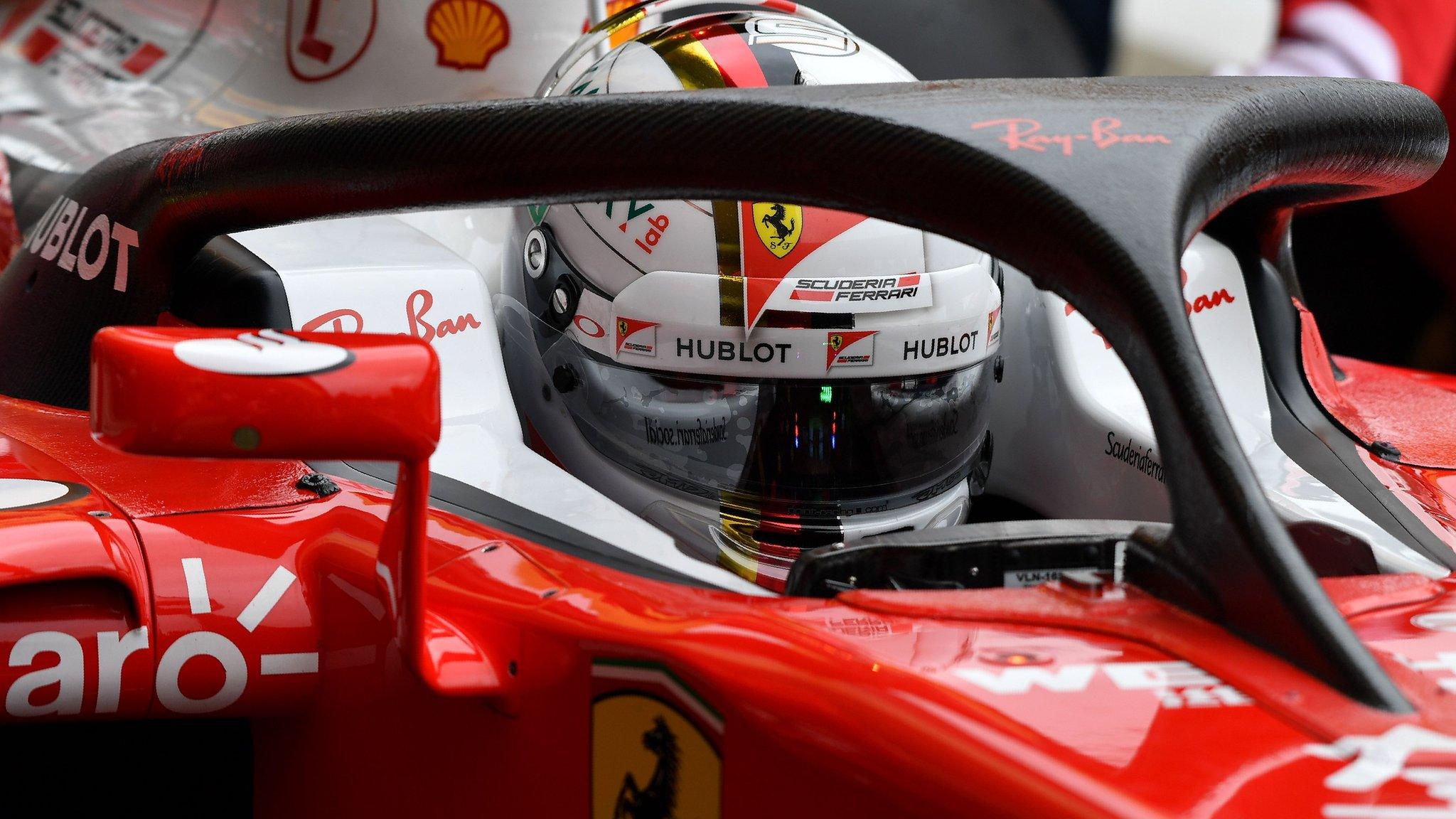
- Published28 July 2016
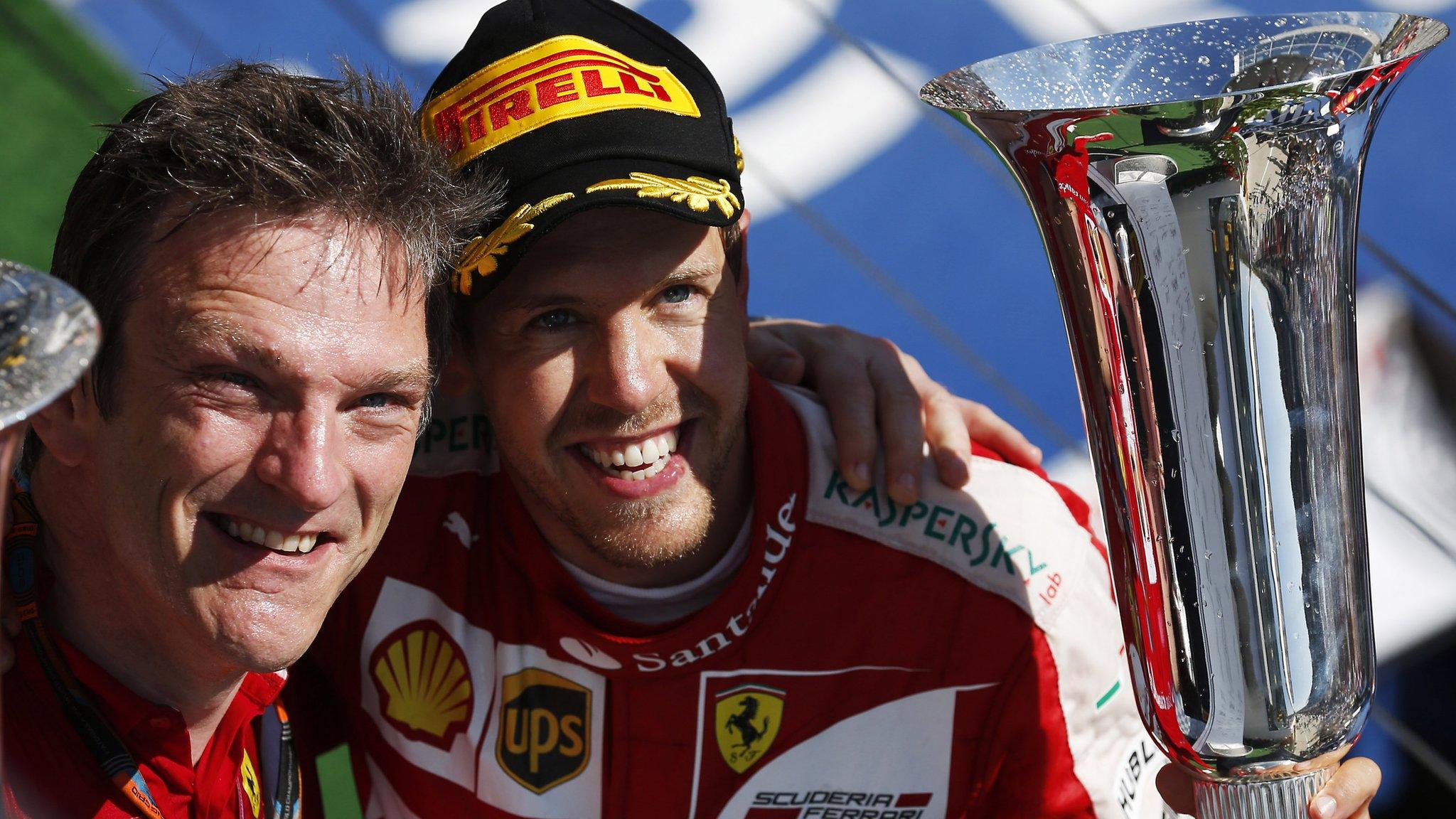
- Published31 July 2016
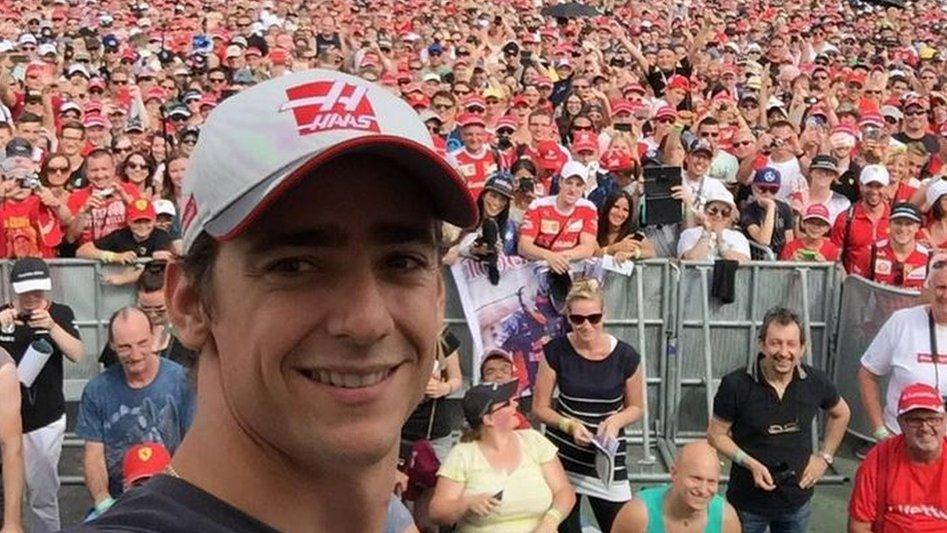
- Published24 July 2016
- Published18 December 2015

- Published8 August 2017
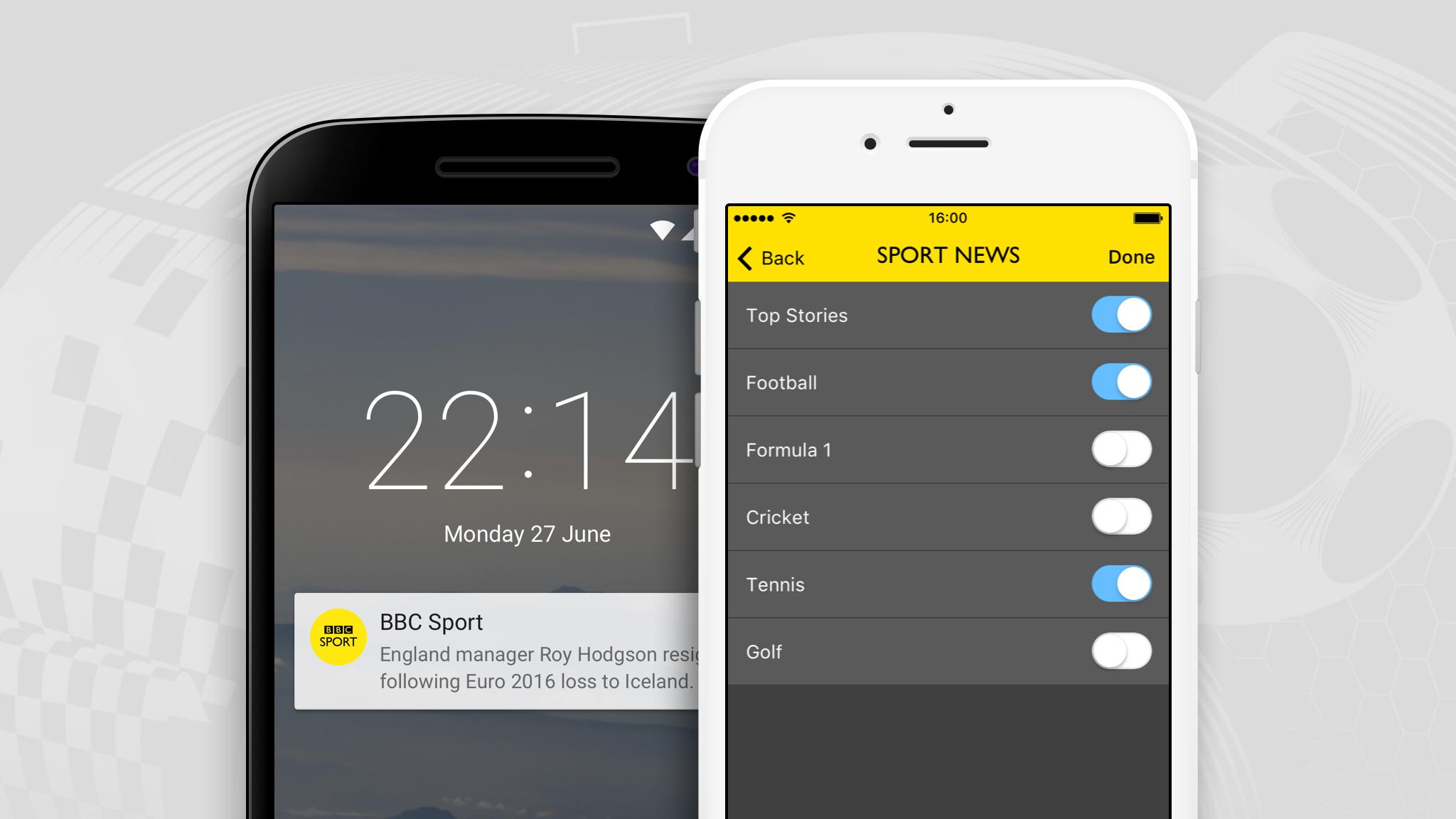
- Published13 May 2016

- Published26 February 2019
